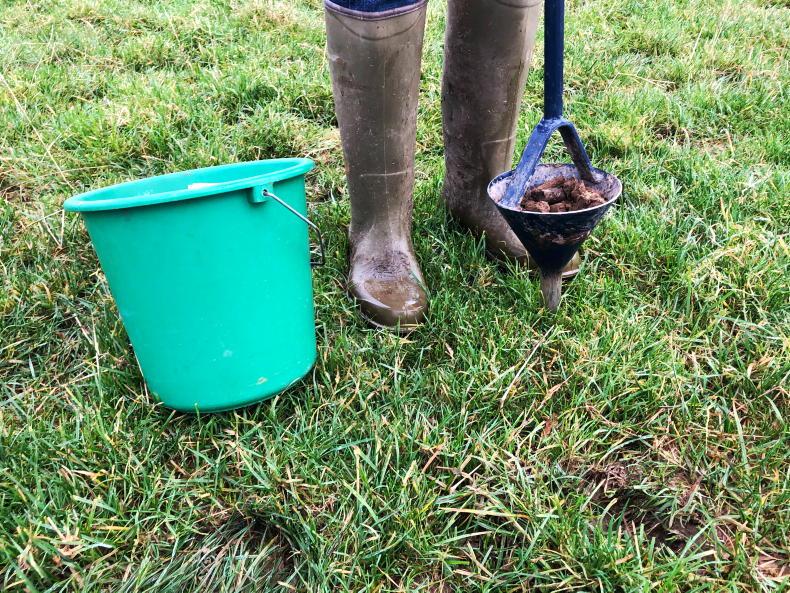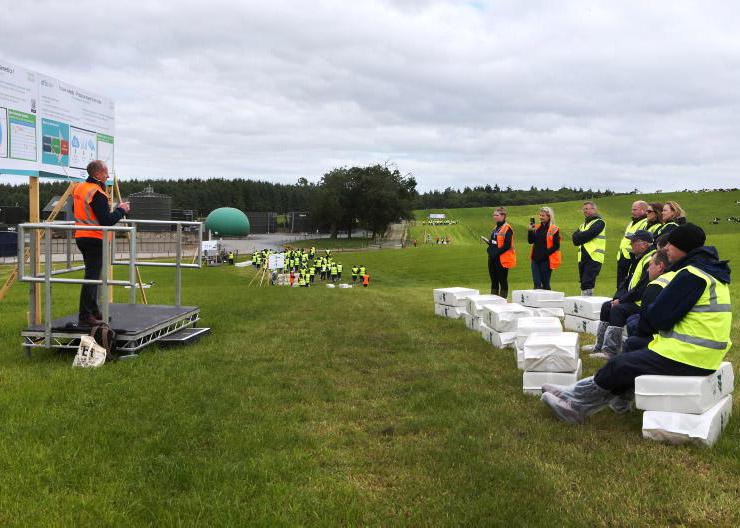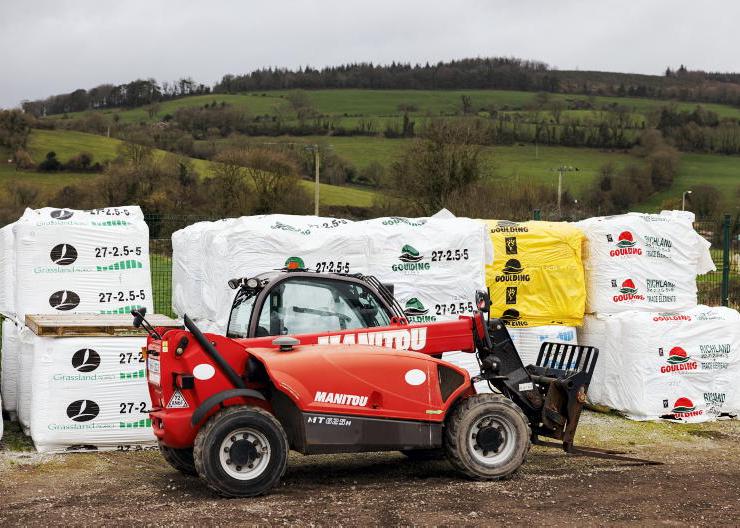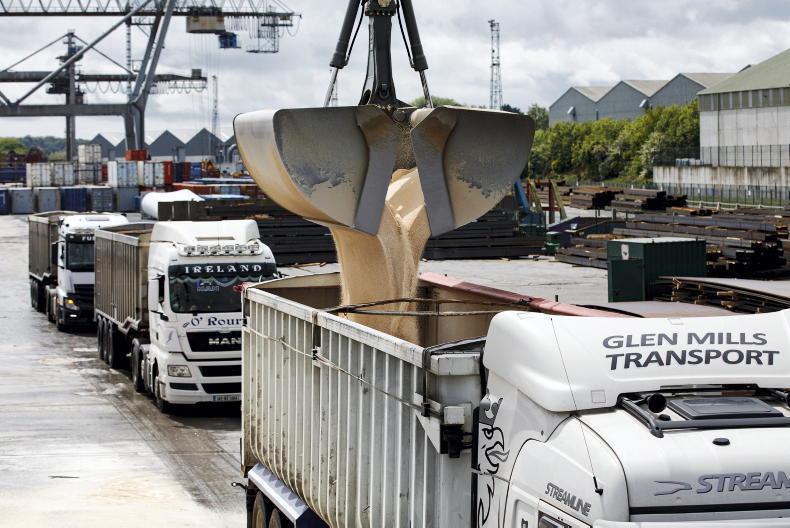DEAR SIR,
Congratulations to Dr Suzanne Higgins from AFBI for addressing the Olsen-P problem (see p6 of edition dated 9 December 2023 – Phosphorus on trial in basalt soils).
This work will correct a mistake made by the then Department of Agriculture for NI 40 years ago.
The use of superphosphate in wartime immediately showed up phosphorus (P) shortages on basalt soils; so in the late 1940s Stuart McConaghy and Victor McAllister sought a meaningful P test for these chemically difficult soils.
The stumbling block was a solution to extract phosphate to mirror the ability of crops to take up this nutrient. They found one, the Égner-Riehm procedure, with a mildly acidic extractant.
The resulting solution was suitable for all NI soils, so it was adopted for phosphorus and the metals over the province, from 1952 to 1983.
After McAllister had retired, the McConaghy-McAllister procedure was ditched and instead the system used in England and Wales was adopted in 1984.
This included the mildly alkaline Olsen-P test, similar to tests McConaghy and McAllister had rejected.
Though it works well for other areas, difficulties emerged immediately for basalt soils.
DAERA and politicians with responsibilities for agriculture and the Antrim area where most of the basalt is found, have been reluctant to discuss this scandal.
In our efforts to raise soil organic carbon, superphosphate will be phased out, as it inhibits mycorrhizal fungi, which are responsible for much of the carbon stored in the soil.
In the meantime, DAERA might consider returning to the method that worked well for over 30 years.
Read more
Farmer engagement vital post soil scheme
Volatile grass growth to be the new norm
DEAR SIR,
Congratulations to Dr Suzanne Higgins from AFBI for addressing the Olsen-P problem (see p6 of edition dated 9 December 2023 – Phosphorus on trial in basalt soils).
This work will correct a mistake made by the then Department of Agriculture for NI 40 years ago.
The use of superphosphate in wartime immediately showed up phosphorus (P) shortages on basalt soils; so in the late 1940s Stuart McConaghy and Victor McAllister sought a meaningful P test for these chemically difficult soils.
The stumbling block was a solution to extract phosphate to mirror the ability of crops to take up this nutrient. They found one, the Égner-Riehm procedure, with a mildly acidic extractant.
The resulting solution was suitable for all NI soils, so it was adopted for phosphorus and the metals over the province, from 1952 to 1983.
After McAllister had retired, the McConaghy-McAllister procedure was ditched and instead the system used in England and Wales was adopted in 1984.
This included the mildly alkaline Olsen-P test, similar to tests McConaghy and McAllister had rejected.
Though it works well for other areas, difficulties emerged immediately for basalt soils.
DAERA and politicians with responsibilities for agriculture and the Antrim area where most of the basalt is found, have been reluctant to discuss this scandal.
In our efforts to raise soil organic carbon, superphosphate will be phased out, as it inhibits mycorrhizal fungi, which are responsible for much of the carbon stored in the soil.
In the meantime, DAERA might consider returning to the method that worked well for over 30 years.
Read more
Farmer engagement vital post soil scheme
Volatile grass growth to be the new norm









SHARING OPTIONS